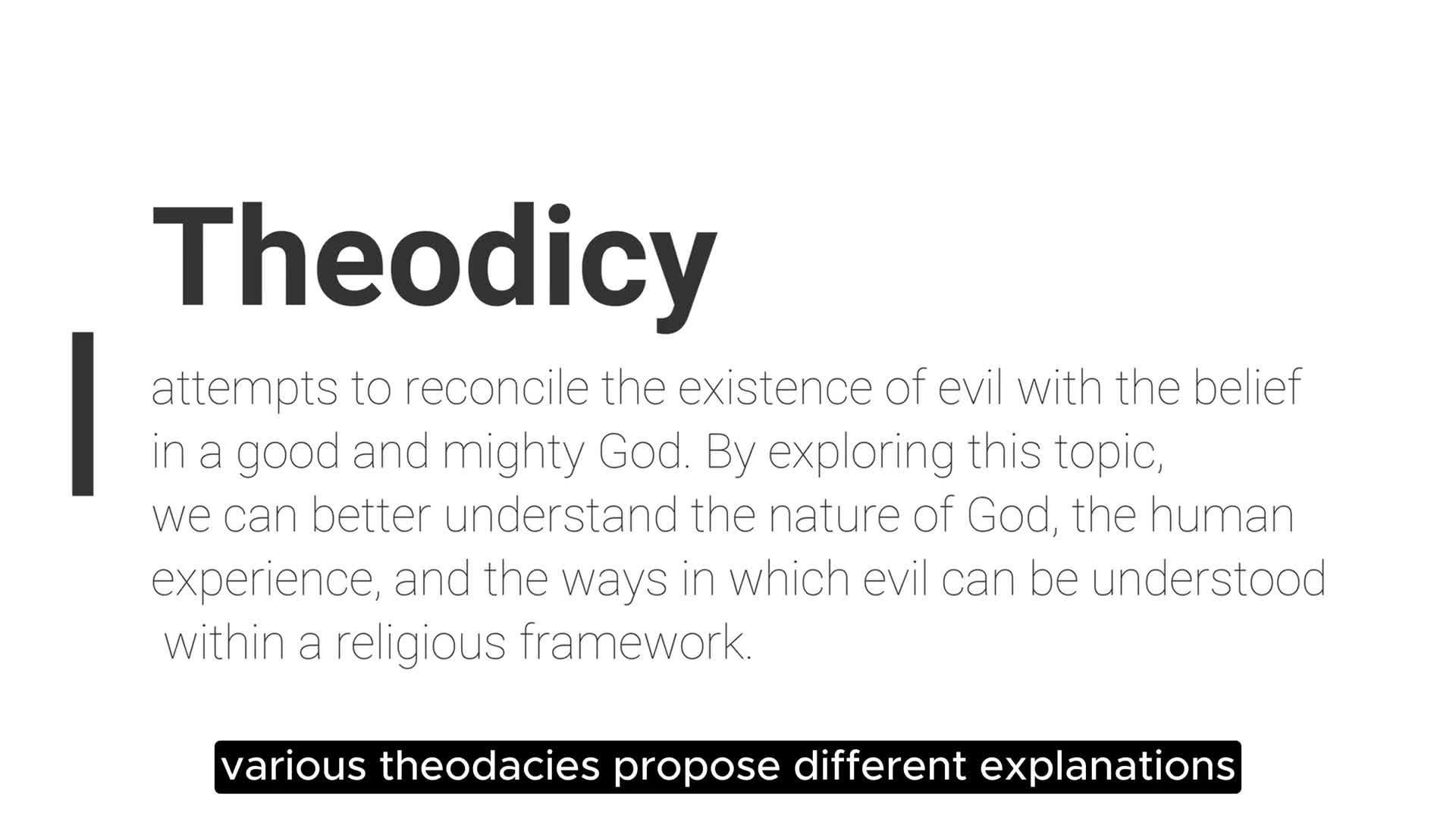CAPTION
The role and purpose of systematic theology OK Systematic theology stands as the bedrock of religious comprehension and faithIt offers us as believers a very structured approach to dealing with the bigger questions that come up Itshould ultimately help strengthen our spiritual foundation strengthen your spiritual foundation In this lesson we will go into thesignificant role and purpose that systematic theology plays in shaping our understanding of our faith By the endof this lesson you will know how to clearly define systematic theology The role systematic theologyplays in four parts and the four part purpose of systematic theology So let's give ascripture here for reflection as we go Proverbs 26 for the Lord gives wisdom from his mouth Come knowledgeand understanding Use this scripture Keep fresh in your mind as we go throughout this lesson Now let's startby defining again systematic theology It is a methodical approach to comprehend and organize religious beliefs The term systematic impliesa deliberate purposeful effort to construct a coherent framework for understanding religious doctrines So a simple way I like tothink of this is a structured approach to the study of God and the study of religion we will berepeating this definition throughout the course So it stays fresh in your mind Now what is the role of systematictheology This can be broken into three parts We will start with a scripture and then we will explaineach part So part number one is clarity and understanding We see this in psalm 1 19So in systematic theology this is our road map right This guides us through the intricacies ofdifferent religious ideas making them accessible and making them much more comprehensible easy to be understood So think ofit as the scripture says a lamp to light the path Now integration is number twowe see this in James 15 If any of you lacks wisdom he should askGod who gives generously to all without finding fault and it will be given to Him This integrates various teachingsand doctrines found within religious texts bringing together the different elements This helps us create a more unified viewof the religion So we want to have a unified view as this is where falseprophets misguided teachings can arise and they do you see them everywhere If there is one unified viewit is the view of God So not our opinions but fact we should seek that wisdom from God andBible always go back to scripture always keep it in context by checking those facts back to thecontext of the Bible The Bible is the wisdom God given to us Number three isdefending the faith First Peter 315 is a great example here But in your heartshonor Christ the Lord as Holy Always being prepared to make a defense to anyonewho asks you for a reason for the hope that is in you yet do it with gentlenessand respect So systematic theology really provides a foundation for explaining and justifying those beliefsgiving us a defense against skepticism or criticism and doing it in a humble way not ina way to attack someone but to help get that point across there will always be skeptics that's inevitableBut we can use this to get better at defending those arguments the more you know the easier itis to give those correct responses in the right manner It's not just about being right itis about conveying the message in a way that will really help someone and help someoneaccept it without being on the defensive Now what is the purpose of systematic theologyWe're going to also break this into four simple parts ok Relationship with God morality spiritual growth and understandingSo let's first talk about a deeper relationship with God Jeremiah 2913 For I know the plans I havefor you declares the Lord plans for welfare not for evil to give you a future and a hopethen you will call upon me and come and pray to me and I will hear youyou will seek me and find me when you seek me with all your heartSo this aims to deepen our relationship with God giving us an understanding of Godwho God is and who is our role in the world in God's plan This is all about learningthat we all have a unified purpose to serve God as well as individual callings individual purposes andtalents specific to each of us to you And I we all have different talents We weregiven to find those talents As Jeremiah says we are to seek and find God with allour hearts and the rest will come Number two is guiding morality and ethics Wesee this in Proverbs 35 to 6 Again trust in the Lord with all your heart andlean not on your own understanding in all your ways submit to him and he will make your paths straightThis is a great verse It assists us in the moral and ethical decision making part providing a framework somethingfor us to follow aligned with religious convictions to guide our choices We are totrust in the Lord by doing so He will make our paths straight He will guideus where he needs us to go when we try to do it ourselves iswhen the problems usually tend to happen Number three is fostering that spiritual growth Philippians three verseto ask questions and to seek answers And number four facilitating dialogue and understanding So in a diverse world SystematicTheology what it does what it hopes to do is foster that interfaith dialogue how byproviding a structured framework for comparing and contrasting these different faith traditions So in this lesson welearned what systematic theology is it is a methodical approach to comprehend and organize religious beliefs Sowe took that definition a little bit further than the previous lesson Now the role ofsystematic theology we also covered clarity understanding integration and defending the faith Now the purpose of systematic theology is arelationship with God morality spiritual growth and understanding So great job in completing this lesson please refer to theworksheets complete for this section as needed and take the quiz and the next lesson we will discussthe historical development of systematic theology So you can start to understand where it camefrom and why it is so important



